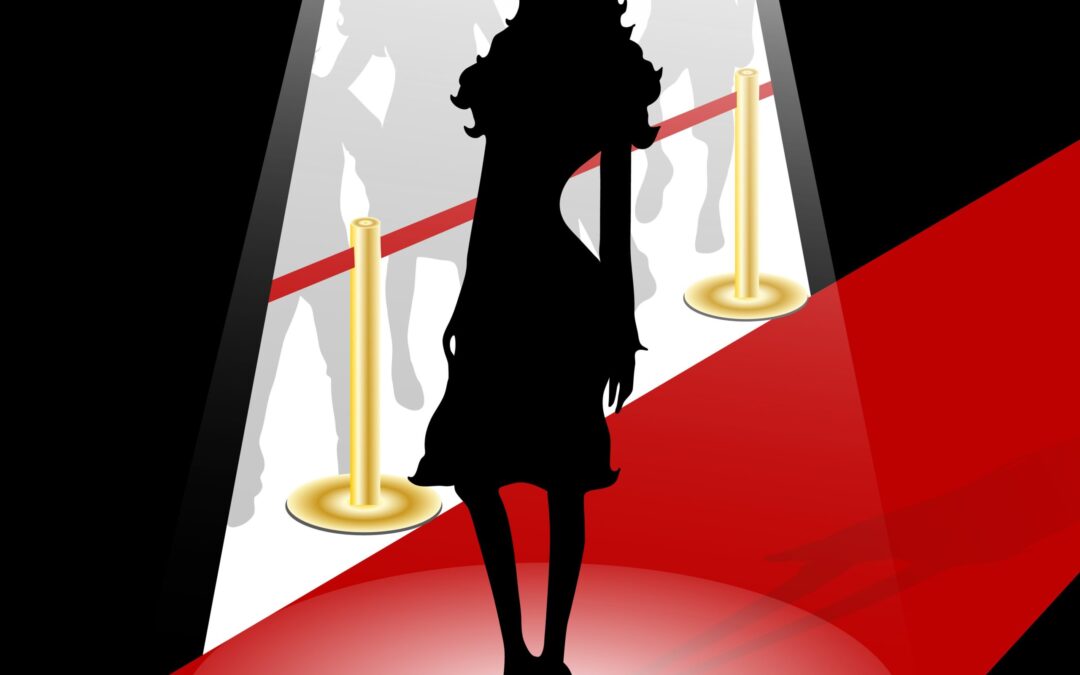Selma Blair started acting in the 1990s and has remained in the spotlight as a talented actress for over two decades. As glamorous as the entertainment industry may seem, Blair has shared many personal challenges while being in the public eye throughout the years. These challenges include her alcohol addiction issues and multiple sclerosis (MS) journey. Now, Blair is a public health advocate leading the way for many who have faced the same issues.
In October 2018, Blair shared that she had been diagnosed with multiple sclerosis (MS). The autoimmune disease affects the nervous system including the spinal cord, brain, and optic nerves. Additionally, she disclosed that she recently completed alcohol treatment after struggling with alcohol addiction for years. Now in a recent 2023 interview with Vogue, Blair talks about why she didn’t seek treatment for her alcohol addiction sooner and how she used it to actually manage her MS symptoms. Blair lived with MS for over 40 years before she received her diagnosis. As a result of her undiagnosed multiple sclerosis, she started self-medicating with alcohol, but ultimately did not seek treatment due to concerns that she would be deemed an insurance risk by the entertainment industry. She didn’t want to lose out on Hollywood opportunities and continued to suffer in silence, both with her alcoholism and worsening MS symptoms. This would include symptoms that include:
Fatigue: Despite rest, you feel unusually fatigued.
- Muscle Weakness: Lack of coordination and balance, or difficulty walking is a sign of muscle weakness.
- Vision issues: There are several types of vision problems, such as blurry vision, double vision, or loss of vision partially or completely.
- Numbness: Feelings of numbness or pins and needles in limbs or other body parts.
- Cognitive issues: Memory and attention problems, and difficulty solving problems are all symptoms of cognitive changes.
- GI issues: Having trouble urinating or passing stools.
- Mental health issues: Feelings of depression, anxiety, or mood swings.
Blair told Vogue, “Sets were excruciating sometimes with the exhaustion and the tics. I took benzos and Klonopin (prescriptions used to manage anxiety and prevent seizures). I didn’t abuse those things, just alcohol. But I was lost and sad and could hardly ever smile. Hence my roles, I imagine.” As her symptoms worsened, she started to lose her hair. She stopped working and said she, “Spent my days in bed, crying, sometimes binge drinking, sometimes reading and sleeping, seeing doctors and healers.”
She didn’t have any formal diagnosis yet as to what was happening and was also labeled negatively as doctors dismissed her complaints of issues. Blair said, “If you’re a boy with those symptoms, you get an MRI,” the actress said. “If you’re a girl, you’re called ‘crazy.” Once Blair received her formal diagnosis, her world changed. She felt relief and a voice she never had. She now declares herself a disability advocate. She proudly carries her cane and even states, “It’s an extension of me. And I know it adds to visibility. So many younger people have started publicly embracing their sticks more… “I do think representation matters. If I can help remove stigma or over-curiosity in a crowd for someone else, then that’s great.”
Blair’s story reminds us that the sooner someone can get support for their addiction issues, the sooner there can be light at the end of the tunnel. Scottsdale Recovery and Detox Center® provides a wide range of services to address substance abuse issues. If you or a loved one are struggling, don’t suffer in silence. Get help. Visit scottsdalerecovery.com or call 1-888-NODRUGS for more information and support.

